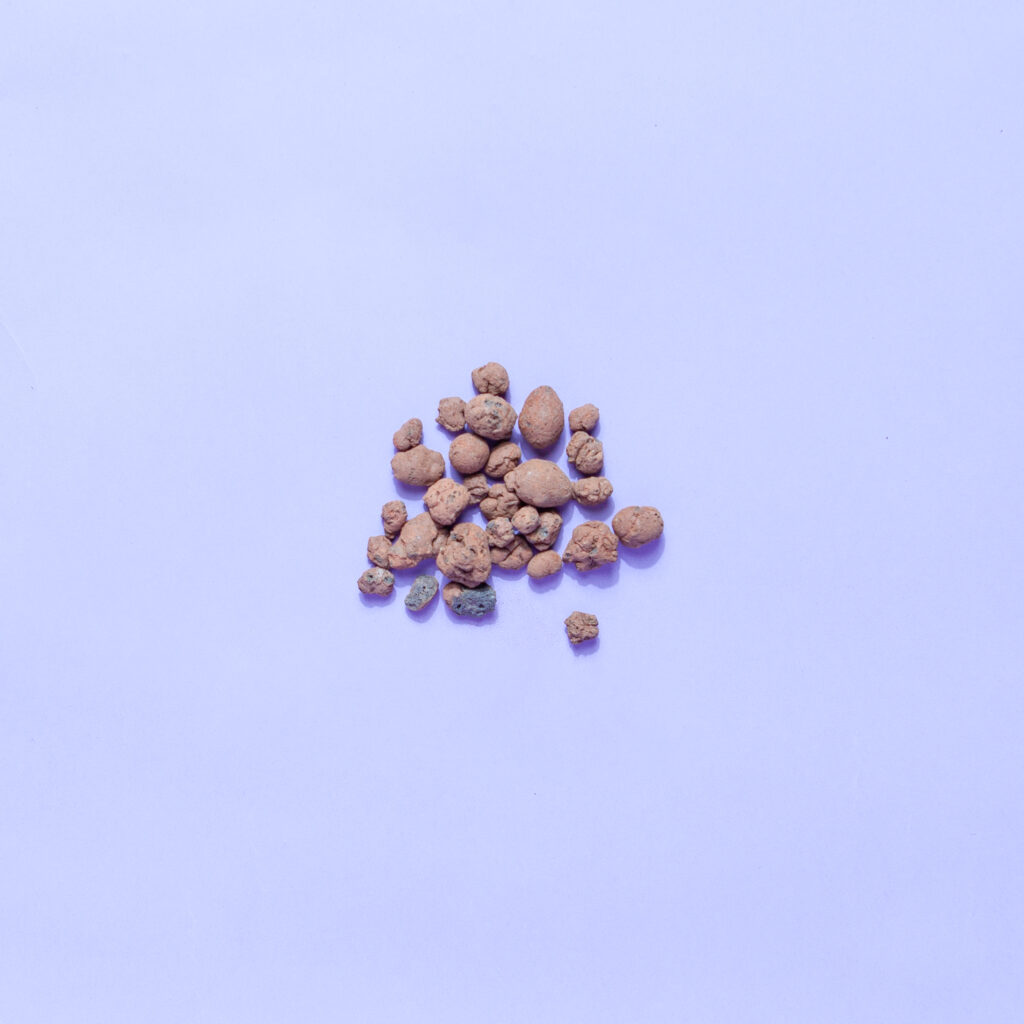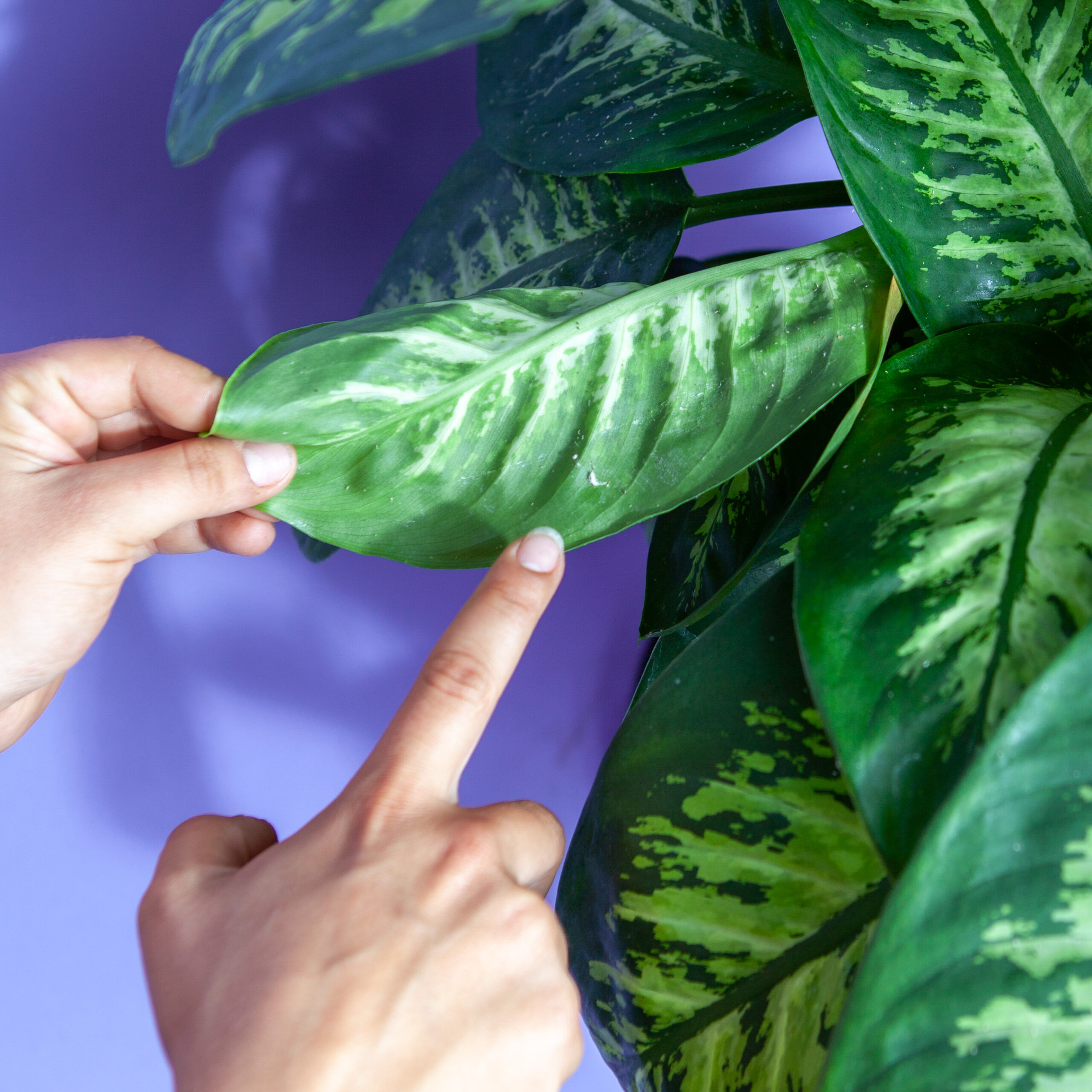
Wollläuse-Erkennen-Schädlingsbekämpfung-Tutorail

Wollläuse-Erkennen-Schädlingsbekämpfung-Tutorail
Estimated time: 30min
Difficulty: easy
The white aphids look like mini cotton balls that stick to the leaves or leaf axils. They are about 3-6 mm in size and sit together in small colonies. Between them is a sticky substance that looks like white fluff in which the young animals grow up.
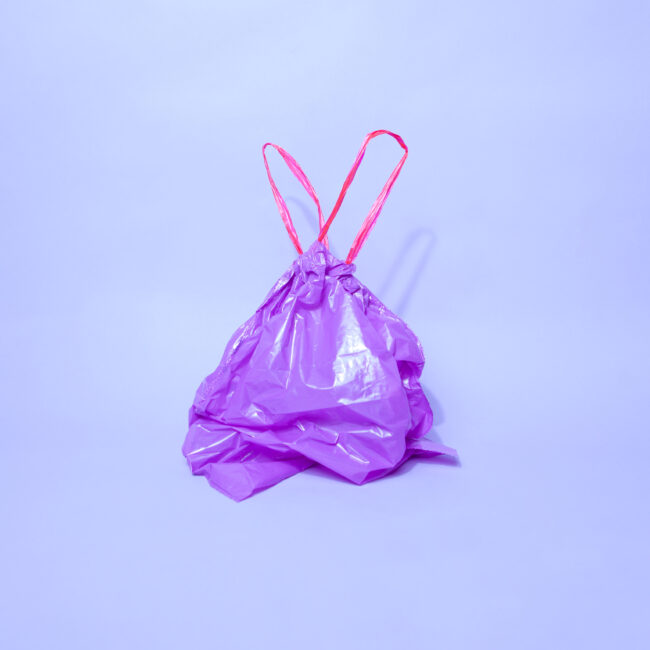





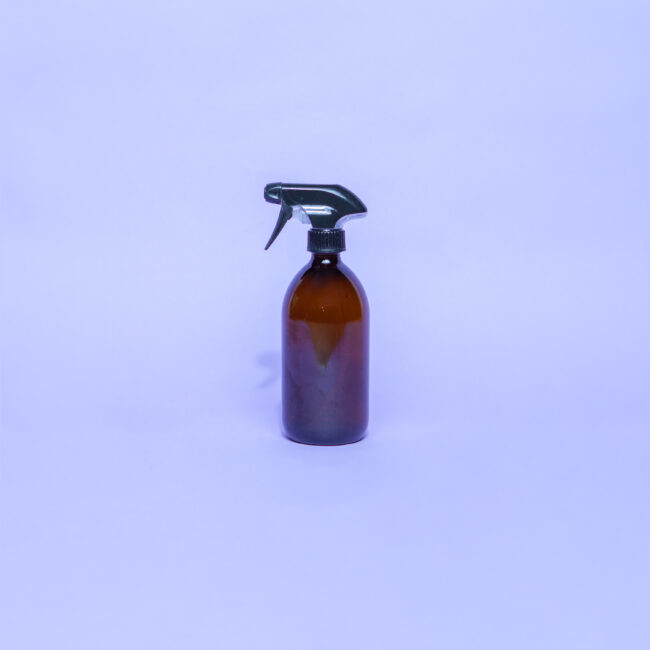
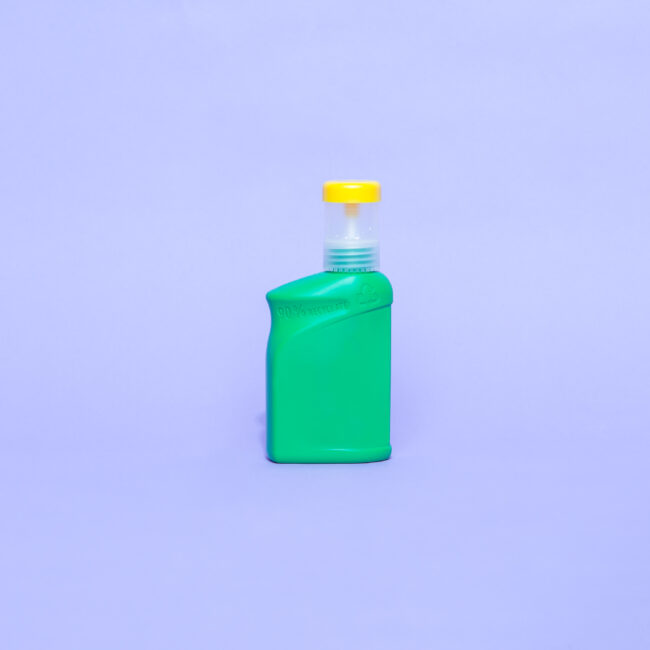

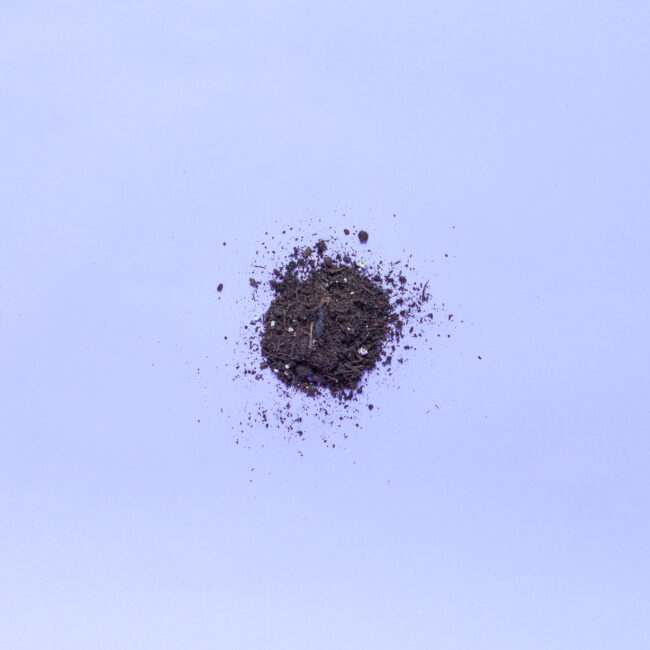


You can recognize mealybugs by the small white fluff.

Close the pot of your plant with a plastic bag. This will prevent the solutions you are about to use from flowing into the substrate. The root ball should be spared.

Cut off heavily infested shoots directly.

Rinse the undersides of the leaves and branches thoroughly with lukewarm water.

Pick up the remaining mealybugs with a toothbrush.

Mix 1 liter of water with 15 ml of spirit.
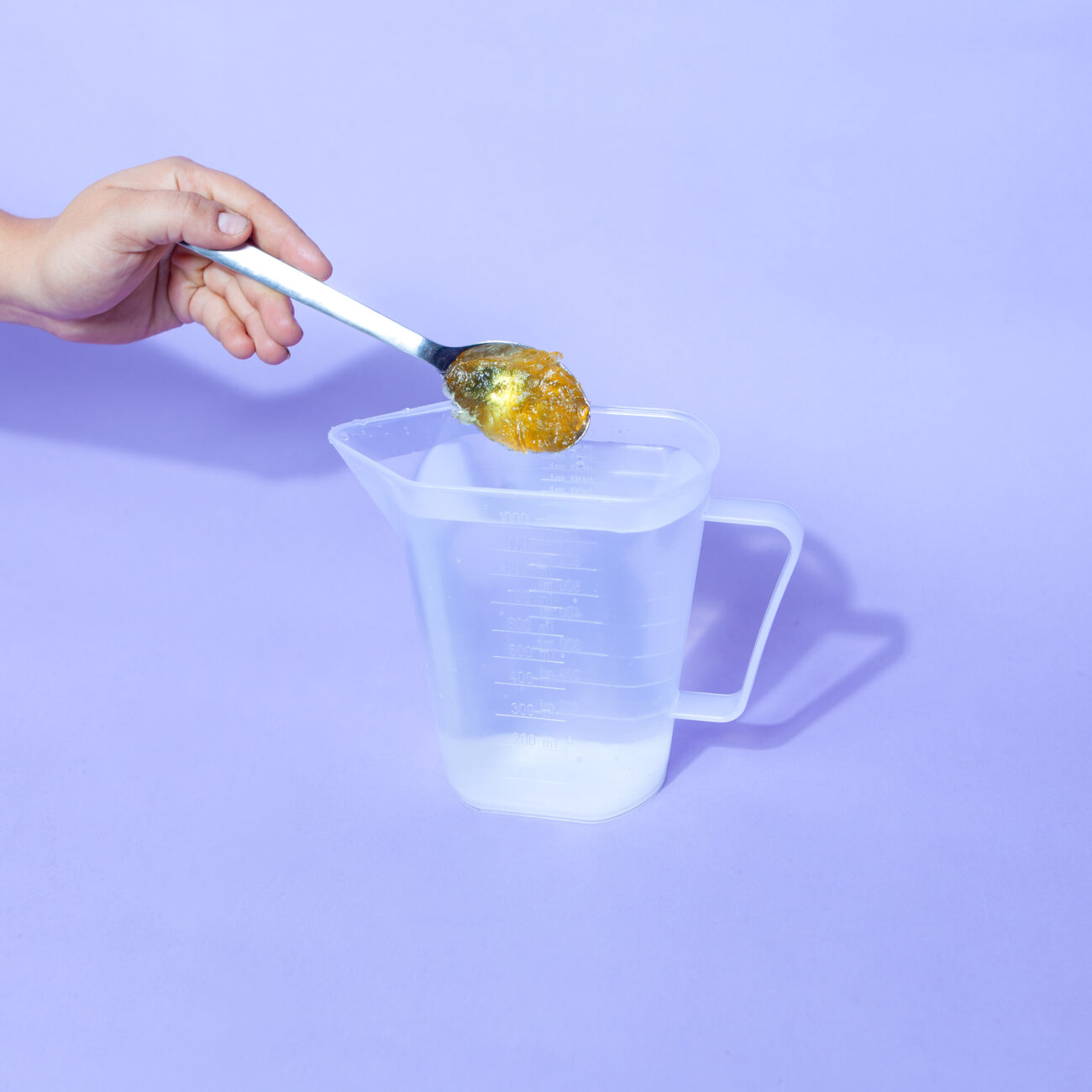
Alternatively, you can mix 2 tablespoons of soft soap with 1 liter of water.
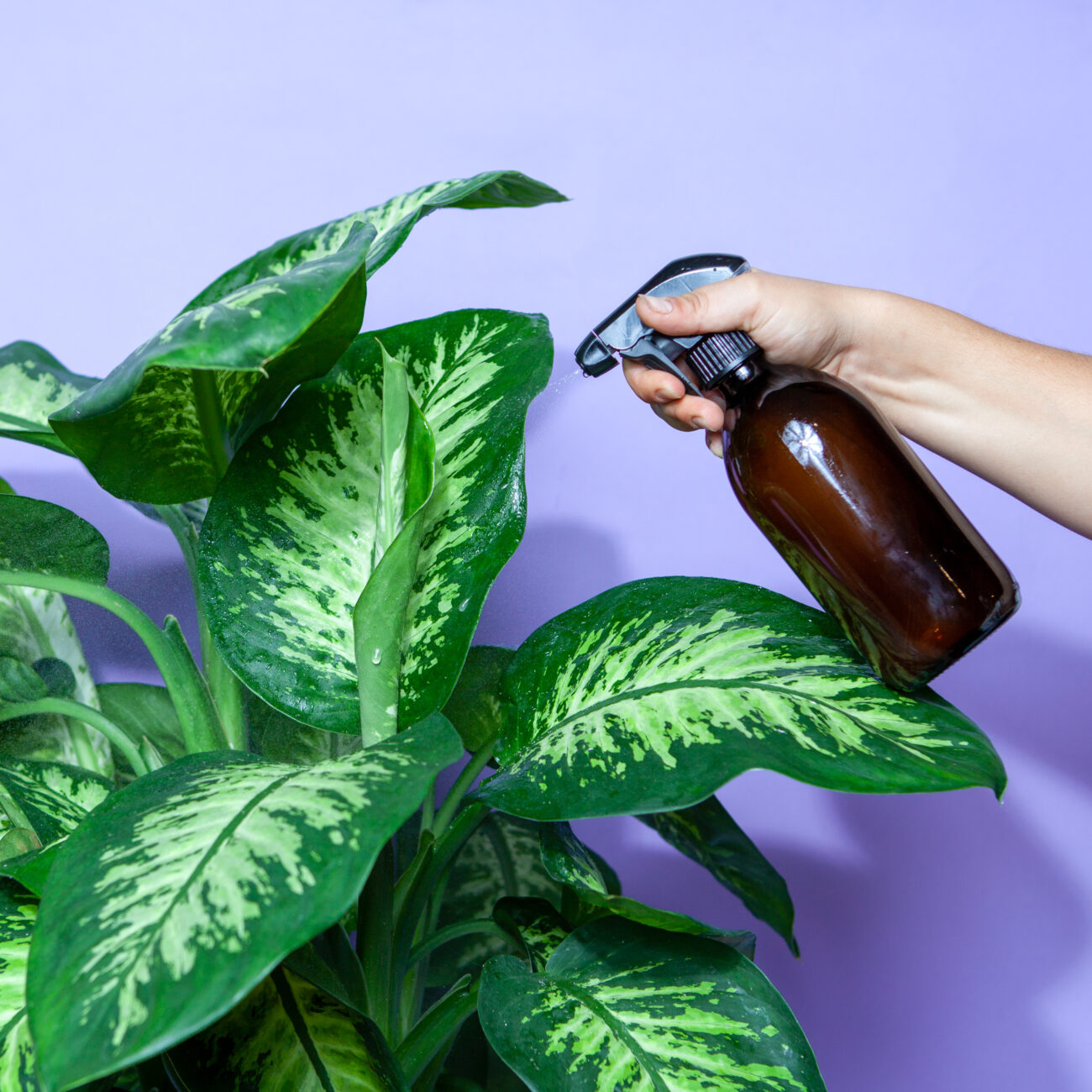
Pour the mixture into a spray bottle and spray the plant with it.

You should then repot the plant, as the mealybugs are usually also in the substrate. You should repeat the treatment twice, each time two weeks apart.

You can accompany this with a beneficial insect treatment. The application varies depending on the beneficial insect. You either sprinkle them on the substrate, hang them in bags on the plant or lay out paper strips.

The chemical pesticide is considered the last option, as it is not necessarily the most efficient method and is quite aggressive: insert the sticks into the substrate and/or spray the leaves thoroughly and from all sides with the plant protection spray. Repeat this process after two weeks. Note that not every plant responds well to treatment with pesticides. Some plant species, e.g. with particularly thin and fragile leaves, can be damaged.

To prevent re-infestation, increase the humidity with bowls of water on the heater or a humidifier and regularly shower or wipe your plants with water. You can also add clay granules and a little water to the saucer of the pot. The bottom of the pot should only touch the granules, not the water, so that the roots can get plenty of air.
